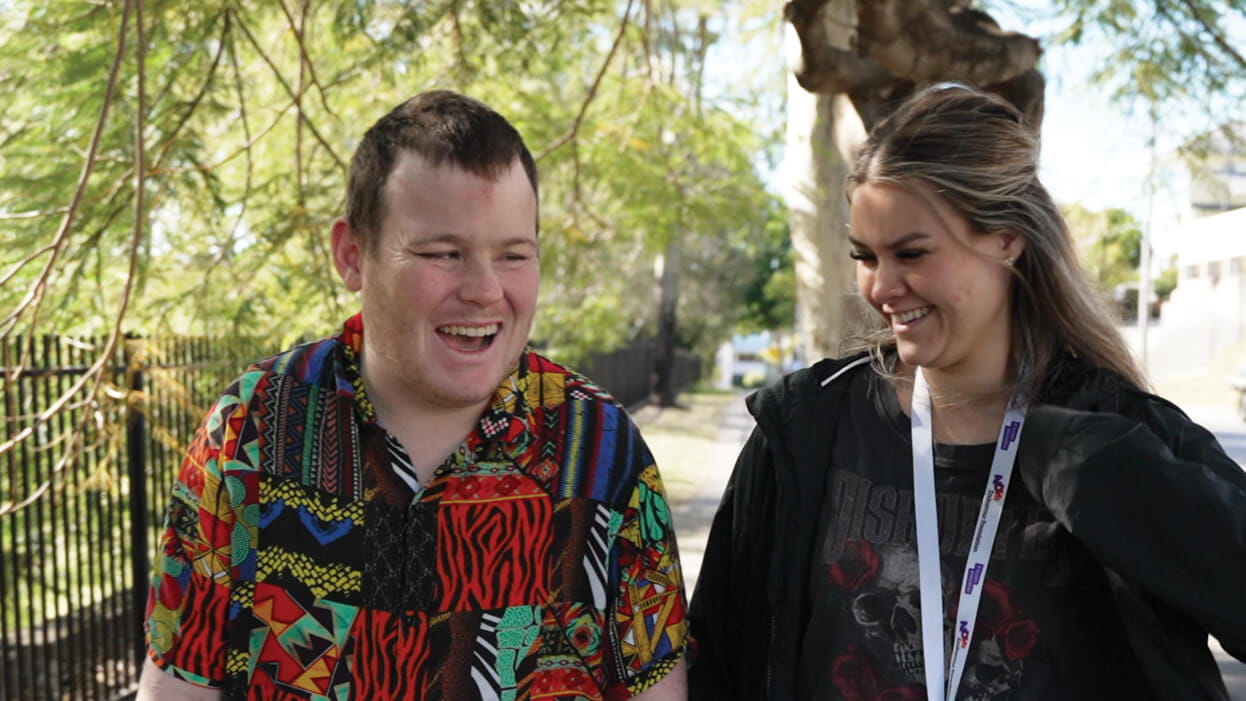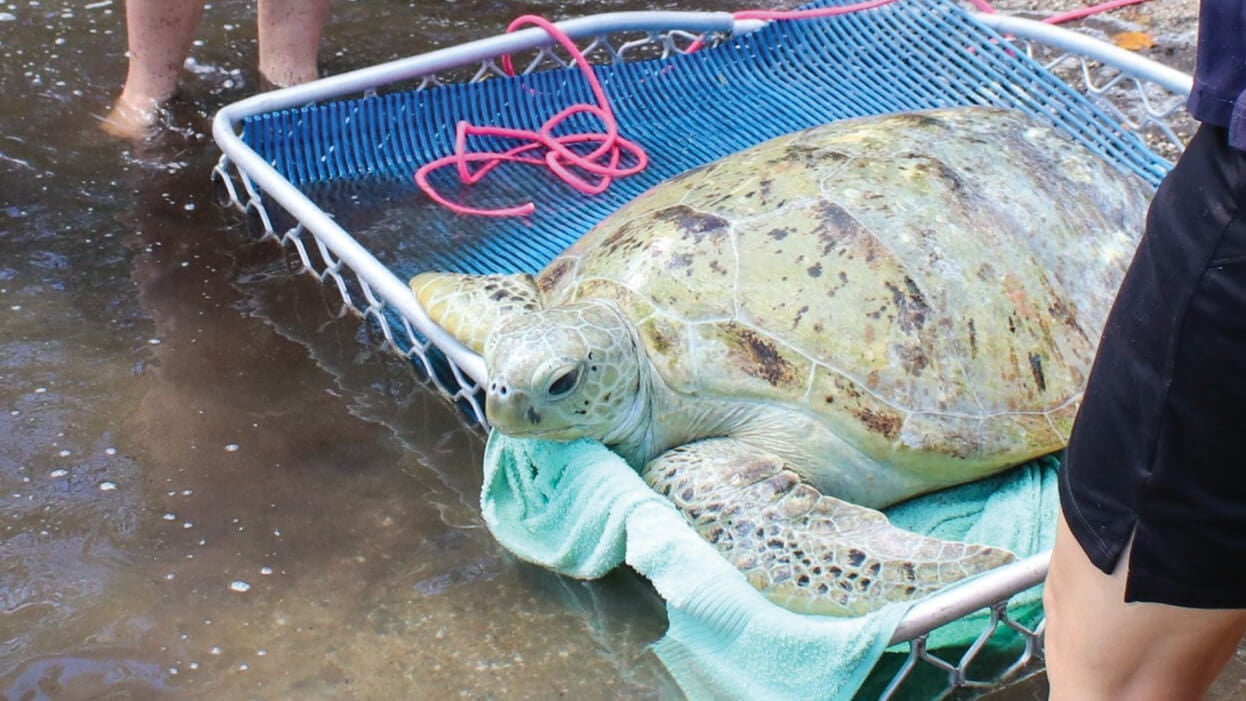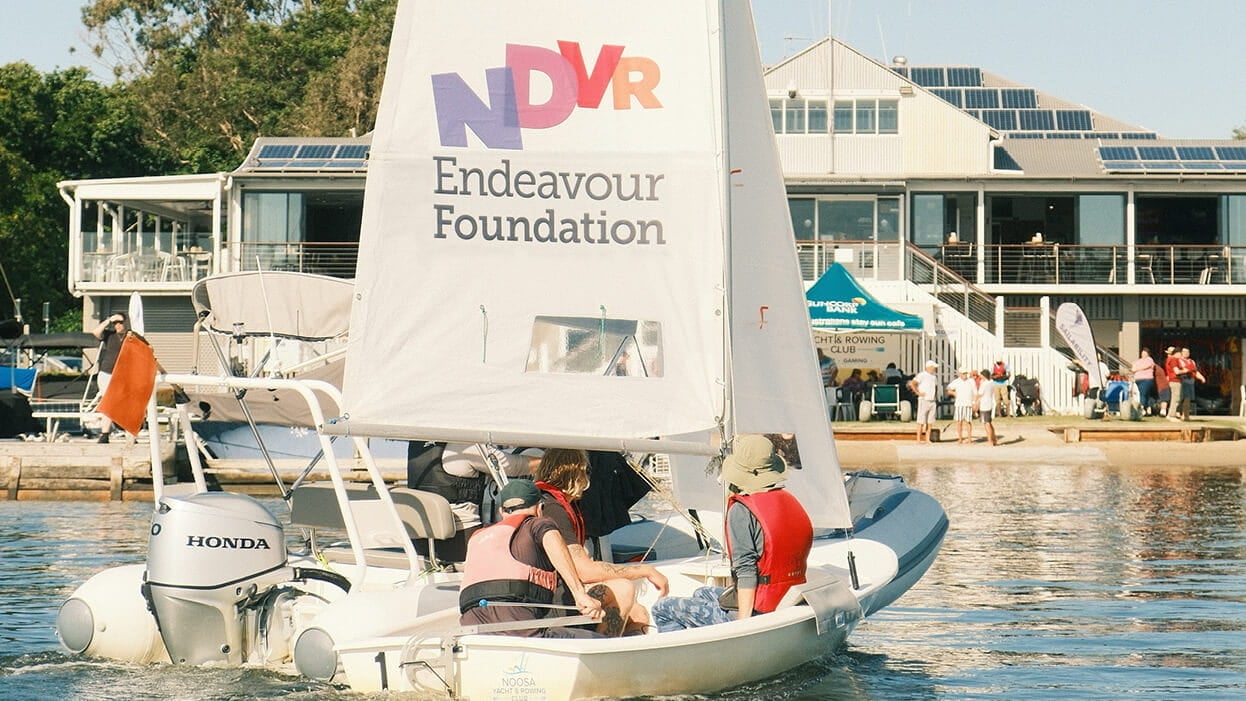How to develop social skills – and supports that can help you
We outline how people with disability can build social skills effectively and detail the key supports that are available to make the process smoother and simpler.
You are not alone.
Developing social skills is challenging for many people – with disability and without.
But it is a challenge that is worth tackling.
Social skills form an important part of everyday life, whether at work, school, play or in other environments.
And they are essential for making friends and building relationships.
If you lack confidence with your social skills, we are here to help.
In this article, we share our top tips for building social skills and highlight various supports that you can utilise, to enhance your progression.

Ways to develop social skills for everyday life
There are plenty of small actions that you can take to improve your social skills, helping you to make new friends and maintain strong friendships. Here are some of them:
Create a positive impression
Aim to make a good impression when you meet someone for the first time.
This can be achieved simply by shaking hands, making eye contact, saying hello and introducing yourself.
These actions are a great starting point for any friendship.
Listen to others
Actively listening to others is an excellent skill to have.
When you are in a conversation, listen to what the other person is saying, and show interest by asking questions.
Actively talking and listening during any conversation creates a positive experience for everyone.

Respect personal space
It is important to give others personal space when you are in a social situation.
Discuss personal space with a family member or friend to help you to determine what is and what is not appropriate.
Be a good friend
Think about what a ‘friend’ means to you, and how you can be a positive example of one.
Understanding what a good friend is will help you to not only find great friends but also be one yourself.
Develop habits
Create habits to help manage your social life. For example, have a set time to call a friend each week.
This action can help you to stay connected with friends without the stress of constant planning and makes your social life easier to manage.

NDIS supports
There are many ways to use your NDIS plan to help you to improve your social skills. They include:
Support Coordination
This is a good starting point. A Support Coordinator can help you to develop the capability required to understand and use your NDIS plan.
As part of that, they can work with you to ensure various supports are in place to increase your capacity to build your social skills. These supports may include the following:
Occupational Therapist
Occupational Therapists (OTs) have the expertise to help you to make changes to daily habits that better suit your needs and goals. This includes support to manage your social life.

Individual counselling
If anxiety, depression or other mental health barriers are making socialising harder for you, seeing a psychologist or counsellor can help you to learn coping skills to make life easier and less stressful.
Individual social skills development
Within your NDIS plan, you can allocate funds to cover the cost of a support worker coming with you to your social engagements to help you to improve your friendship skills or even manage difficult behaviours. See more in the ‘Individualised Support’ section below.
Further reading: How NDIS funding can help you make and keep friends.

Endeavour Foundation supports
At Endeavour Foundation, we have excellent supports that can advance your social skills. Here are three major pathways:
Individualised Support
With Individualised Support, you receive one-on-one assistance with a support worker – and how you spend this time is completely your choice.
This means you can dedicate time to focusing on developing your social skills, or any other skills for that matter.
Individualised support includes both in-home and community-based assistance, such as going shopping, attending social events and using public transport.

Learning and Lifestyle hubs
Our popular Learning and Lifestyle hubs have a wide variety of dedicated programs and activities that are designed to help you to identify and achieve your goals in the areas of:
- Daily living
- Community participation
- Learning and building relationships
Many of these activities can help you to build your social skills, maintain friendships and connect with other people in your community.

Employment
Our employment pathways give you the opportunity to develop your social skills, as well as your self-confidence, while learning other valuable skills and earning money along the way.
The feeling of being part of a team with a shared responsibility helps you to form friendships with colleagues and learn new ways of communicating.

Ready to build your social skills?
Developing social and other skills can be a lifetime journey for anyone, so be patient with yourself and celebrate the small wins.
The more you interact with people, the more confident you will become with socialising.
Need a hand to get started?
Learn more about our popular disability services, led by the following:



